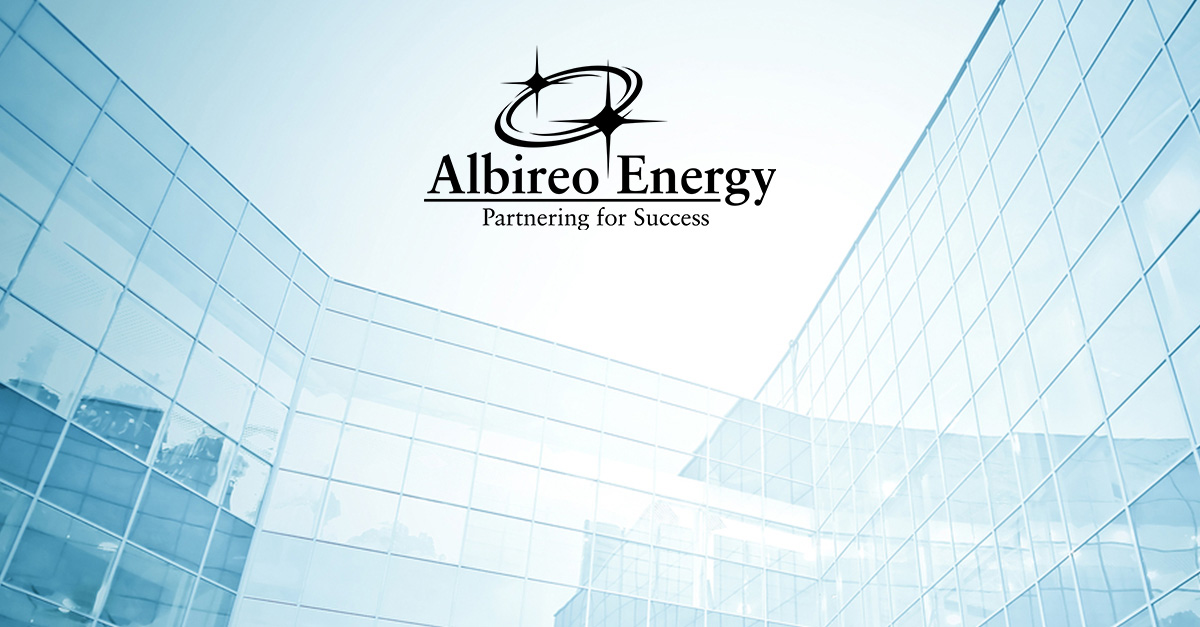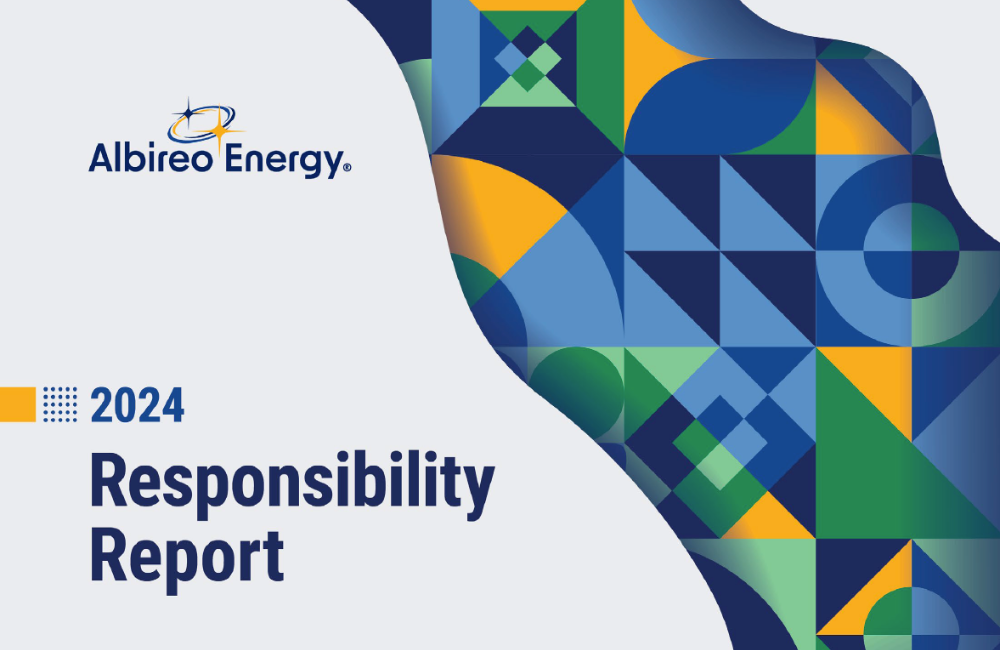After a long, cold winter, it’s finally getting warmer outside. Flowers are blooming, trees are blossoming and allergy sufferers are sneezing. That’s what happens when spring arrives, although this year, it was delayed by a winter that just wouldn’t go away. In case you’ve forgotten, that big, bright thing in the sky is called the sun. It has been hiding for quite some time.
The sun provides us with many benefits. Its light helps plants and flowers grow. The vitamin D the sun gives off is good for our body. The sun is also one of the best energy resources we have. As we get into the warmer months, the talk of solar energy becomes more common.
How Does Solar Energy Work?
Solar energy is in the category of “clean energies” along with wind, water, geothermal, bioenergy and nuclear. The tremendous growth in the U.S. solar industry is helping to pave the way to a cleaner, more sustainable energy future. Over the past few years, the cost of a solar energy system has dropped significantly, helping to give more American families and businesses access to affordable, clean energy.
There are two primary technologies that can harness the sun’s power and turn it into electricity. The first is the one you’re likely most familiar with – photovoltaics, or PV. These are the panels you’ve seen on rooftops or in fields. When the sun shines onto a solar panel, photons from the sunlight are absorbed by the cells in the panel, which creates an electric field across the layers and causes electricity to flow.
The second technology is Concentrating Solar Power, or CSP. It is used primarily in very large power plants and is not appropriate for residential use. This technology uses mirrors to reflect and concentrate sunlight onto receivers that collect solar energy and convert it to heat, which can then be used to produce electricity.
Concentrating solar power systems are generally used for utility-scale projects. The mirrors in CSP plants focus sunlight onto a receiver that heats a high-temperature fluid, which is used to spin a turbine or power an engine that drives a generator. The final product is electricity.
Energy Savings
How does this equate to energy savings? There are many benefits of solar energy.
• Cut your electricity bills. Sunlight is free, so once you’ve paid for the initial installation, your electricity costs will be reduced.
• Get paid for the electricity you generate. Many state and local governments offer rebates, tax credits and incentives for going solar.
• Solar renewable energy certificates (SRECs): If you live in Delaware, Maryland, Massachusetts, New Jersey, Ohio, Pennsylvania, or Washington, D.C., you can sell the SRECs that your solar panels produce for extra income. While the price of an SREC varies depending on where you live, it can significantly improve the value of your solar panel system.
• Cut your carbon footprint. Solar electricity is green renewable energy and doesn’t release any harmful carbon dioxide or other pollutants. A typical home solar PV system could save around 1.2 to 1.7 tons of carbon per year.
How Albireo Can Help
Albireo is an energy consulting firm that can assist you with all your energy needs, including solar. With more than 10 years of experience in deregulated energy markets throughout the country, Albireo is a force in energy savings for thousands of businesses. Our solar experts will meet with you to discuss all energy services available to you. Reach out to us today at [email protected] or call 800-201-3153. Let Albireo power your business.







